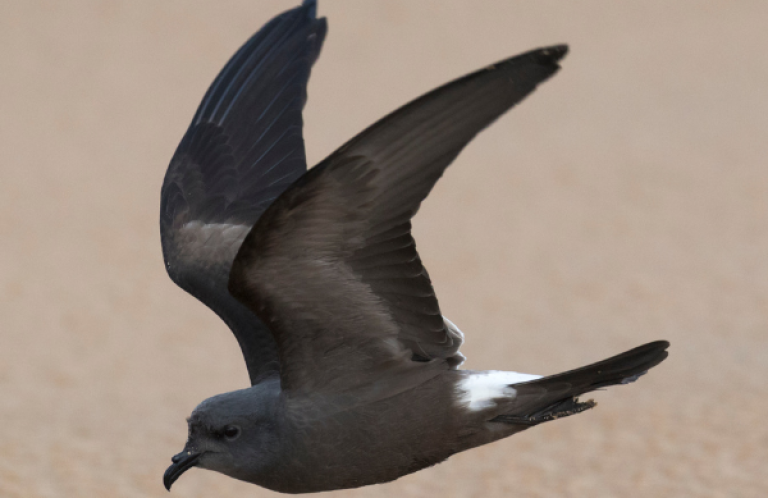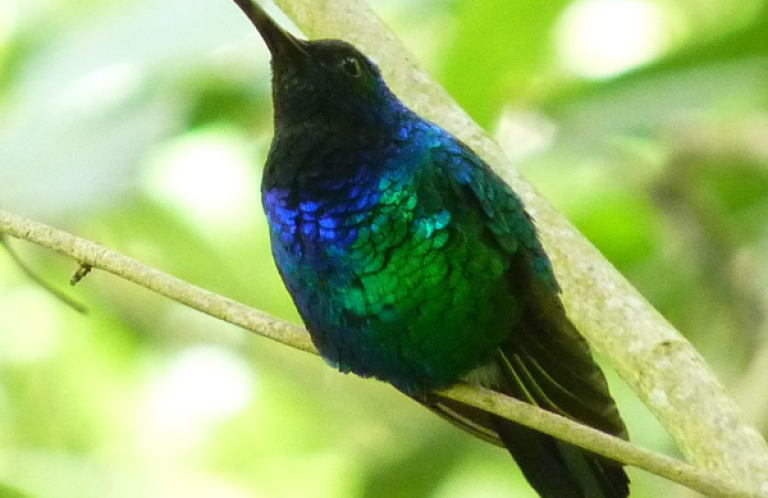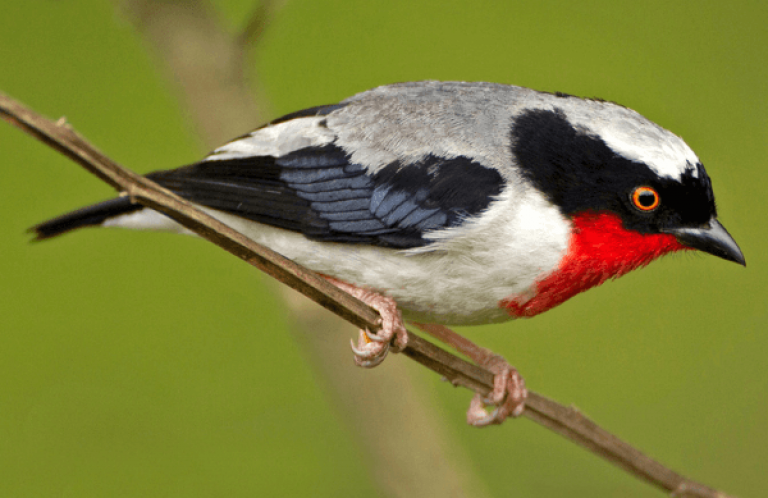Public Asked to Give Birds a Break During National Fishing and Boating Week
Nesting Least Tern by Tom Grey |
(Washington, D.C.,
ABC is leading a coalition of environmental groups trying to improve understanding of the needs of beach-nesting birds and change the behaviors of beachgoers and boaters to help declining and threatened species. The groups have launched the “50 Yards” public awareness campaign, which features public service announcements by celebrity spokespeople. The PSAs highlight the need for everyone who uses the beaches and waters around nesting islands to give nesting birds the room they need to breed successfully. Birds expected to especially benefit include Least Terns, Black Skimmers, herons, egrets, Wilson’s Plovers, and American Oystercatchers.
“With many beach-nesting birds already in decline, it is especially important that we look at how we can modify our behavior to avoid frightening parent birds. Disturbing nesting birds can cause eggs and chicks to overheat, be taken by predators, or fall from tree nests. Disturbance by just one person can pose a serious threat to entire bird colonies,” says Kacy Ray, ABC’s Beach-Nesting Bird Conservation Project Officer, who is leading this campaign.
“Sometimes, disturbed birds will signal you that you are getting too close by flying or swooping unusually close or even dive-bombing your head, or by high-pitched or more frequent vocalizations. So, even if you were unaware that there are nesting birds nearby, if you see or hear these kinds of behaviors, you need to move away. Both you and the birds will be better for it,” she says.
Ray says that boaters should avoid anchoring close to islands where birds are clearly nesting, and they should be watchful of children unintentionally disturbing nests as well as pets such as dogs, who in just a few seconds, can run through a colony and virtually wipe out a whole year’ s worth of young birds.
“Beaches are among the most limited and threatened of all bird habitats in the country. They provide only a tiny sliver of nesting opportunity for birds, and are often heavily used by humans, squeezed by development, and frequented by human-introduced predators such as feral cats and in some locations, even coyotes. Consequently, birds that require this habitat face considerable survival challenges. Much of their plight stems from human-caused impacts, so it is only fitting that we take steps to fend off some of those challenges and give them a fighting chance,” says Ray.
The public awareness campaign is part of a larger Gulf Coast conservation effort that will identify and implement protective measures for vulnerable beach-nesting birds at key sites in Texas, Louisiana, Mississippi, Alabama, and Florida. It is funded by the National Fish and Wildlife Foundation, and brings expertise not only from ABC, but from partners throughout the Gulf region, including the Florida Park Service, Barataria-Terrebonne National Estuary Program, National Audubon Society, Houston Audubon, Coastal Bend Bays and Estuaries Program, and the Gulf Coast Bird Observatory.



















































